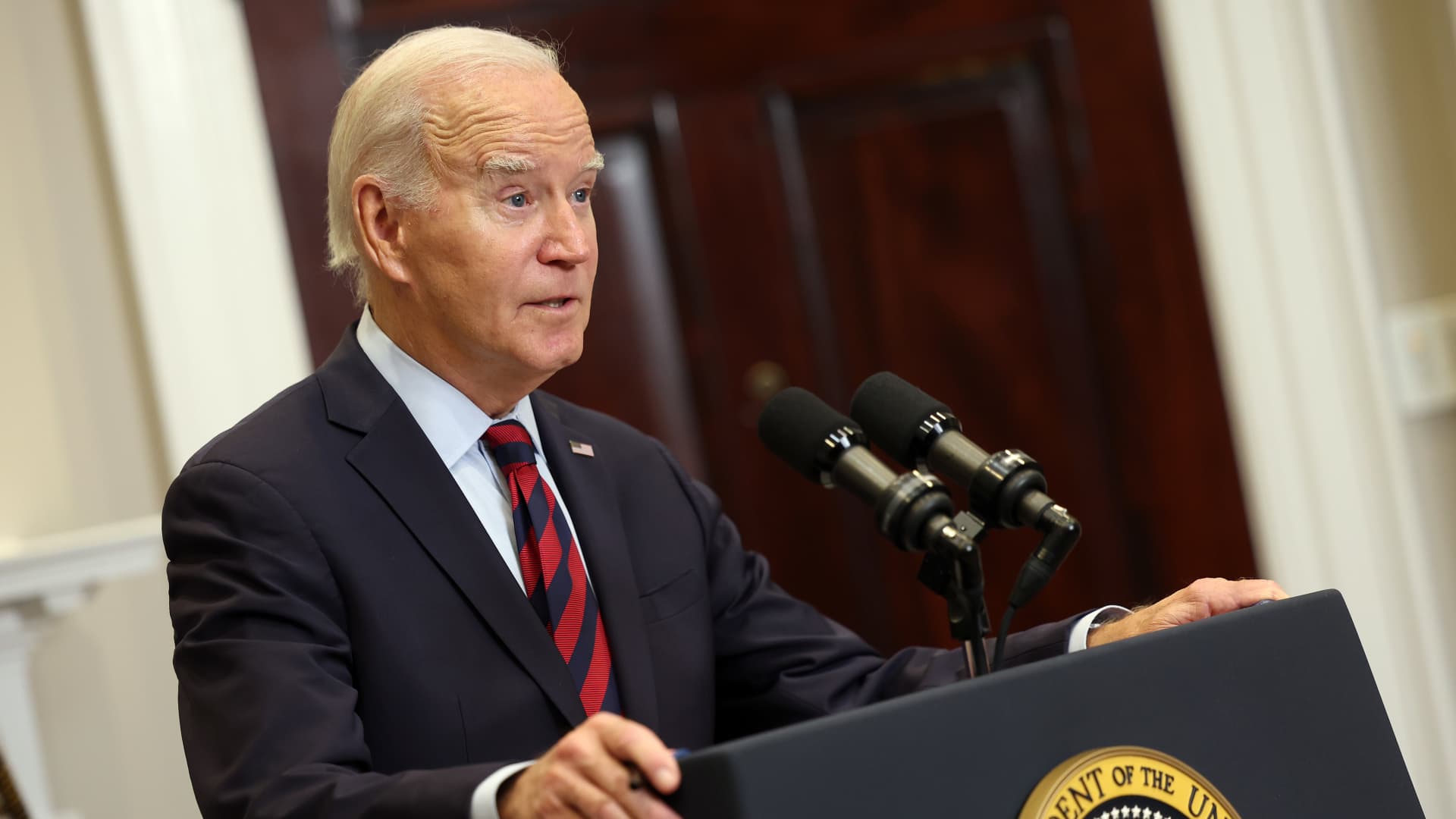The Biden administration’s sweeping student loan forgiveness plan was temporarily blocked again Thursday by a Missouri judge, just one day after a federal judge in Georgia said he would let a restraining order against the relief expire.
St-Louis-based U.S. District Judge Matthew Schelp, an appointee of Republican former President Donald Trump, issued the latest preliminary injunction against Biden’s relief plan.
As a result of the order, the U.S. Department of Education is again barred from forgiving people’s student loans until Schelp has a chance to rule on the case.
The latest order capped 24 hours during which federal student loan holders were subjected to judicial whiplash, as a lawsuit challenging Biden’s aid package, brought by seven GOP-led states, bounced from Georgia to Missouri courts.
The states bringing the suit — Alabama, Arkansas, Florida, Georgia, Missouri, North Dakota and Ohio — allege that the U.S. Department of Education’s new debt cancellation effort is illegal.
On Wednesday, U.S. District Judge Randal Hall in Georgia found that his state lacked standing to sue against the relief plan, and therefor his court could not be the venue for the case.
Hall directed the case to be transferred to Missouri, because the states claim that Biden’s plan would most harm student loan servicer Mohela, or the Missouri Higher Education Loan Authority.
When CNBC broke the news Thursday that the restraining order would lapse, consumer advocates and borrowers hoped that the Biden administration would try to move ahead quickly with its loan forgiveness plan for tens of millions of Americans. The Education Department has already prepared its loan servicers to start reducing and eliminating people’s debts.
However, Schelp cited this possibility as precisely the reason for delaying the administration while he considered the case.
“Allowing Defendants to eliminate the student loan debt at issue here would prevent this Court, the U.S. Court of Appeals, and the Supreme Court from reviewing this matter on the backend, allowing Defendants’ actions to evade review,” Schelp wrote.
This is a developing story, please check back for updates.
Read the full article here







